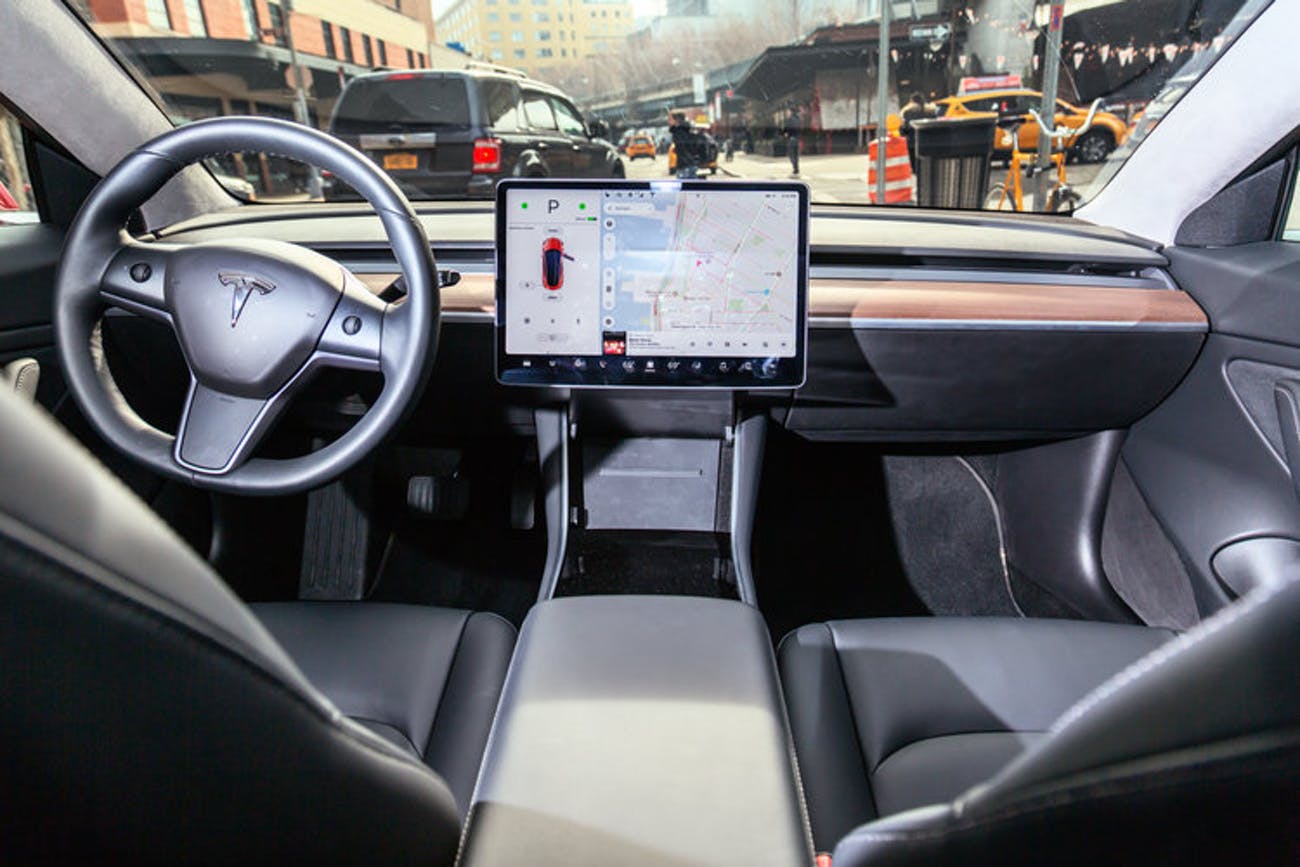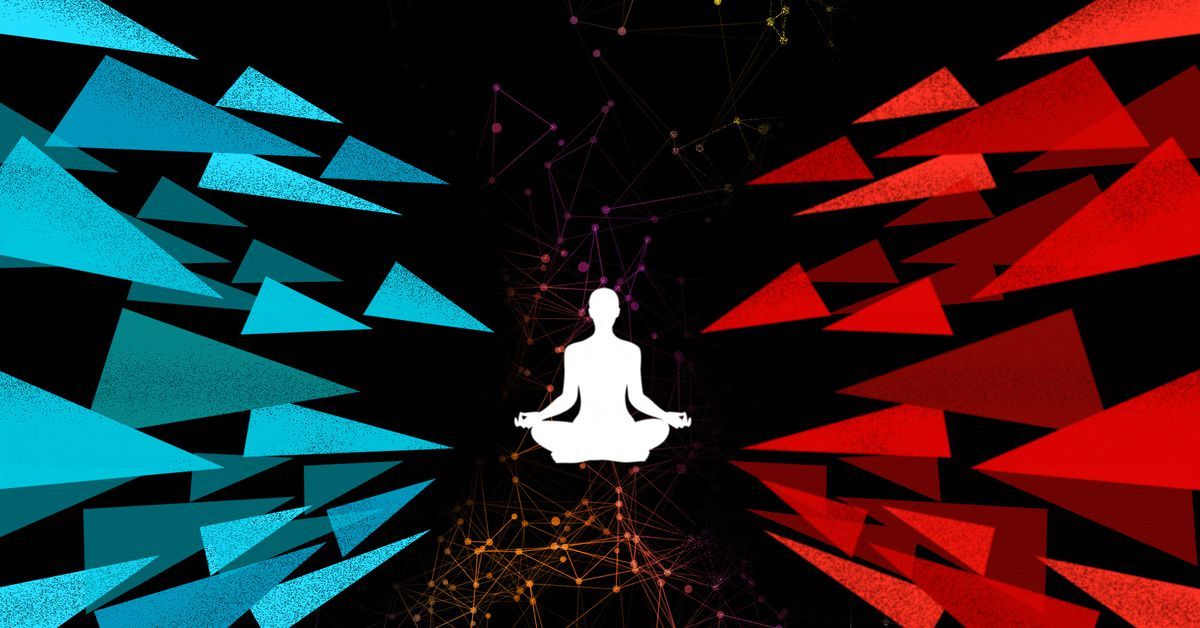Backed by startup incubator Y Combinator, Acre Designs is poised to transform the house building industry with prefabricated, net zero energy homes that are affordable and sustainable.




Maybe they’re not alien doppelgangers — mirror images of us.
But extraterrestrial life—should it exist—might look “eerily similar to the life we see on Earth,” says Charles Cockell, professor of astrobiology at the University of Edinburgh in Scotland.
Indeed, Cockell’s new book (The Equations of Life: How Physics Shapes Evolution, Basic Books, 352 pages) suggests a “universal biology.” Alien adaptations, significantly resembling terrestrial life—from humanoids to hummingbirds—may have emerged on billions of worlds.
“An extraordinary eighty-year study has led to some unexpected discoveries about long life.”
-O, The Oprah Magazine
For years we have been told to obsessively monitor when we’re angry, what we eat, how much we worry, and how often we go to the gym. So why isn’t everyone healthy? Drawing from the most extensive study of long life ever conducted, The Longevity Project busts many long- held myths, revealing how:
At this year’s AIAA Space and Astronautics Forum and Exposition, engineer Marco Peroni presented his proposal for a modular Martian base that would provide its own radiation shielding.

WASHINGTON — A Swedish company with plans for a geostationary communications satellite announced Oct. 16 a contract with SpaceX for a Falcon Heavy launch no earlier than the fourth quarter of 2020.
Ovzon of Solna, Sweden, has not yet purchased the satellite, but paid Eutelsat $1.6 million earlier this year to move one of its satellites to an unspecified Ovzon orbital slot to preserve spectrum rights at that location.
In a statement, Ovzon CEO Per Wahlberg said procurement of the company’s first satellite is “in the final stage,” and that production of an advanced onboard processor started earlier this month.

A RUDN physicist demonstrated how to describe the shape of any symmetrical wormhole—a black hole that theoretically can be a kind of a portal between any two points in space and time—based on its wave spectrum. The research would help understand the physics of wormholes and better identify their physical characteristics. The article was published in the Physics Letters B journal.
Modern concepts of the universe provide for the existence of wormholes—unusual curvatures in space and time. Physicists imagine a wormhole as a black hole through which one can see a distant point of the universe in four dimensions. Astrophysicists are still unable to determine the shape and sizes of black holes precisely, let alone theoretical wormholes. A RUDN physicist has now demonstrated that the shape of a wormhole can be calculated based on observable physical characteristics.
In practice, physicists can observe only indirect properties of wormholes, such as red shift—a downward shift in the frequency of gravitational waves in the course of moving away from an object. Roman Konoplya, a research assistant from the RUDN Institute of Gravitation and Cosmology, the author of the work, used quantum mechanical and geometrical assumptions and showed that the shape and mass of a wormhole can be calculated based on the red shift value and the range of gravitational waves in high frequencies.

SRI Newsletter #06 2018 Great success both for the public and for the speakers, despite the enrollment fees definitely out of budget for many: more than 6300 registered participants, of which almost 50% very young, more than 2000 papers presented in the various symposia. The title of the Congress was very interesting: “Involving everyone”. This gave the impression that there was plenty of space at the Congress for the themes of civil development in space. The attention to the impetuous development of the NewSpace sector is now felt everywhere, and the most important global space congress could not avoid being impacted. After all, it is thanks to the growth of the NewSpace sector if the IAF Congress has recorded this remarkable success. But which were the predominant themes of the Congress? Has the promise announced in the title been kept? In part, yes, but a lot of work remains to be done. And the main NewSpace entrepreneurs didn’t come to Bremen. Read the whole article.
The 69th Congress of the International Astronautical Federation took place in the halls of the Bremen exhibition center from 1 to 5 October.
Great success both for the public and for the speakers, despite the enrollment fees definitely out of budget for many: more than 6300 registered participants, of which almost 50% very young, more than 2000 papers presented in the various symposia. The title of the Congress was very interesting: “Involving everyone”. This gave the impression that there was plenty of space at the Congress for the themes of civil development in space. The attention to the impetuous development of the NewSpace sector is now felt everywhere, and the most important global space congress could not avoid being impacted. After all, it is thanks to the growth of the NewSpace sector if the IAF Congress has recorded this remarkable success. But which were the predominant themes of the Congress? Has the promise announced in the title been kept? In part, yes, but a lot of work remains to be done.
One aim was to “include everyone”, for example, in the exploration of the Moon. And we have seen some concrete cases of inclusion. The company Part Time Scientists, earlier in the context of the Lunar X-Prize, and then with the development of subsequent innovative projects, has put in place a lunar exploration project, in which some industries not belonging to the aerospace sector are involved as technological partners, as well as sponsors, such as Audi, Nokia, Vodafone. Of course, so far we are talking about exploration, mainly robotics, and not about industrial settlements on the Moon. The Moon Village Association thinks about that and presented their initiatives in a context that is becoming more and more receptive and interesting for many.

Earlier this year, we hosted the Ending Age-Related Diseases 2018 conference at the Cooper Union in New York City. This conference was designed to bring together the best in the aging research and biotech investment worlds and saw a range of industry experts sharing their insights.
Dr. Oliver Medvedik, LEAF vice president and Director of the Maurice Kanbar Center for Biomedical Engineering at the Cooper Union, chaired a panel with a focus on starting up biotech companies and dealing with the challenges inherent to launching a company in this industry.